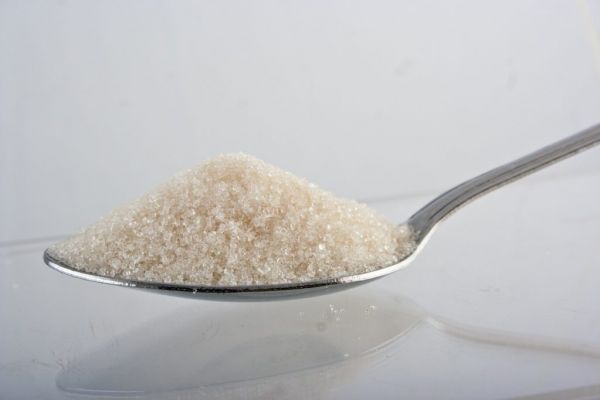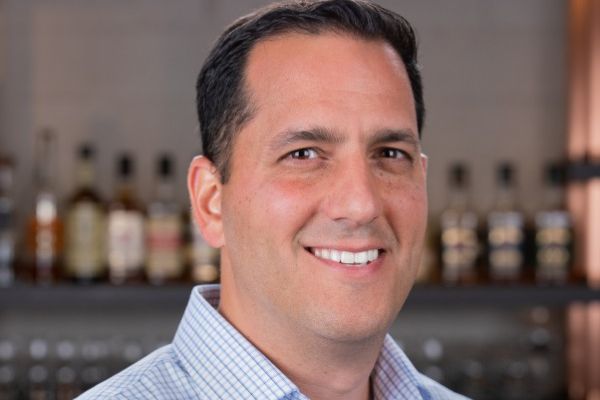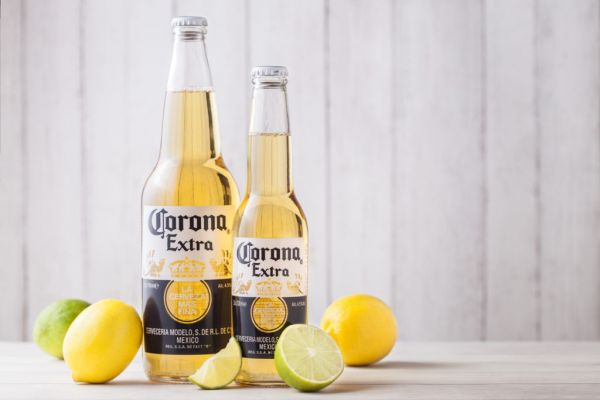Alexandre Ricard’s smile didn’t waver as he entered a tavern in the South African township of Soweto and saw one of Pernod Ricard’s most popular whiskies – shelved behind steel grates capped with iron shards.
The chief executive officer took a picture of the security precautions and the meager layout on his iPhone, thanked the woman behind the bar for her welcome and stepped out into the unpaved street.
"We have to be here," said Ricard, 43, during a visit last month to the slums to see two of the more than 2,000 makeshift taverns, called 'shebeens,' that Pernod sells to.
The world’s second-largest distiller is targeting Africa as the next big market for its Jameson Irish whiskey and Absolut vodka, more than 50 years after what is now competitor Diageo Plc began producing there. Continental spending on consumer goods is projected to reach $1.4 trillion by 2020, according to the McKinsey Global Institute. Africa has the potential to become as important as Asia, currently Pernod Ricard’s largest region for revenue, the company says.
Falling Confidence
The timing isn’t optimal. Consumer confidence is eroding in South Africa as the nation nears economic collapse under President Jacob Zuma, whose tenure has been marred by corruption scandals and a selloff in the country’s bonds and currency. Conditions for business in Angola and Nigeria have deteriorated as the value of oil exports – the single-largest contributor to economic development in West Africa – has declined by almost 70 per cent since 2012. Pernod opened subsidiaries in both countries that year.
"It would have been better to invest earlier as the environment in Africa is very mixed at the moment," Victor Lopes, Africa economist at Standard Chartered bank in London, said by phone. The oil-price crash has hurt such countries as Angola, while others, like Ivory Coast and Ethiopia, are "doing very well," he said.
Pernod Ricard SA also faces a tough opponent in Diageo, the London-based maker of Johnnie Walker scotch and Smirnoff vodka. World leader Diageo already sells to over 20,000 shebeens in South Africa alone and dominates sales of spirits on the wider continent. Its market share for spirits by volume in Africa plus the Middle East is 23 per cent, versus Pernod’s 5 per cent, according to researcher Euromonitor.
"If Pernod wants to take over Diageo globally, they need to close the gap in Africa," Trevor Stirling, an analyst at Sanford C. Bernstein, said by phone.
Long Haul
Pernod says it’s in for the long haul, seeking the kind of growth that let it expand from a merger between two family businesses in the south of France into a drinks conglomerate with a market value of €26 billion ($30 billion). It’s invested €420 million in Africa and the Middle East since 2010, less than Diageo’s $1 billion, and has hired over 500 staff on the continent.
These efforts have done little to lift Pernod shares, which are lagging behind the benchmark European food and beverage index. They’re curbed by slower growth and a corruption crackdown that crimped demand for high-end cognacs and whiskies in China, Pernod’s largest market after the US Pernod shares fell 2 per cent to €96.03 at 10:33 am in Paris.
The company’s Africa initiative comes as its competitor is facing a reality check. Diageo Chief Executive Officer Ivan Menezes signaled a slowdown in Africa to investors in January, a year after he said the continent could one day account for 20 per cent of sales. The same month, the International Monetary Fund cut its economic-growth forecasts for sub-Saharan Africa for this year to 4 percent and reduced next year’s estimate to 4.7 per cent.
"It’s a tough part of the curve at the moment," John O’Keefe, the president of Diageo’s Africa division, said by phone. "We’ve been in Africa a long, long time, and we’ve learned what it takes to operate through the economic cycles."
In South Africa, Pernod’s strategy is twofold. In places like Soweto, it’s trying to lure low-income residents now in order to retain their loyalty when they join a rising middle class later – a phenomenon that led CEO Ricard to call it the "Brooklyn of Johannesburg."
At the same time, the company is targeting the wealthy, and has seen an increase in demand for its so-called prestige brands at high-end venues such as the Arque Champagne Crescent bar in Johannesburg’s affluent Sandton district.
Wine Storage
"These are the places where we really want to target the emerging, high-net-worth black consumer," said Paul Scanlon, managing director for Pernod’s South Africa division. He was speaking at the Wine Bank, a private club in Sandton where members pay to keep millions of dollars worth of fine wine in climate-controlled vaults.
On a back road in Tembisa, a slum on Johannesburg’s outskirts where the company pays local bikers to festoon shebeens with branded table mats and pennants, field sales manager Werner Vosloo agreed. "When millionaires born in the slums return to the townships in Maseratis and Ferraris on the weekend, they sit at a table with a bottle of Jameson," he said from behind the wheel of his Range Rover.
"The liquor players, especially Pernod Ricard, entered the African market very late," Stefano Niavas, a Johannesburg-based partner in Boston Consulting Group’s consumer practice, said by phone. "But you can’t wait for it to be rosy, wade in and expect to make a lot of money. Otherwise it’ll be later and later and you’ll miss the next boom."
News by Bloomberg, edited by ESM. To subscribe to ESM: The European Supermarket Magazine, click here.














